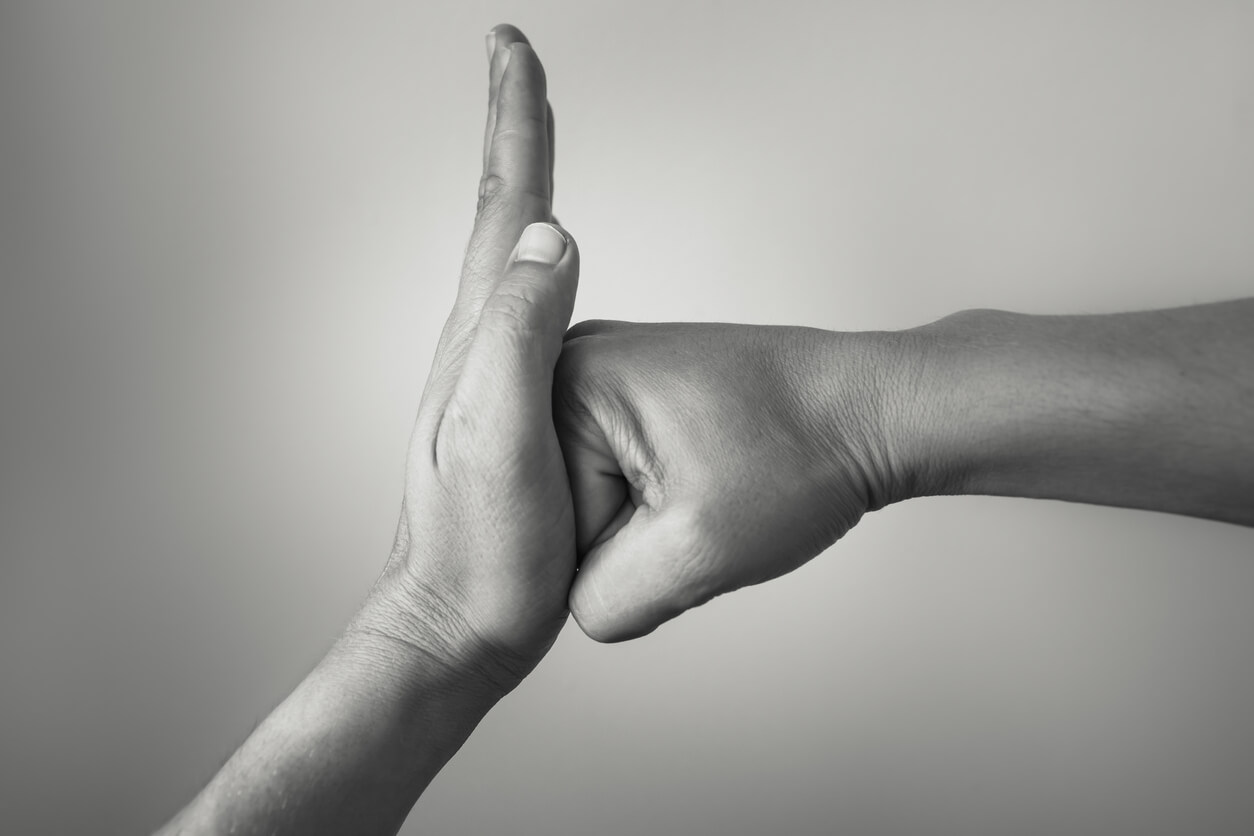Some people take advantage of the domestic violence laws in Washington state to try to gain an unfair advantage in a divorce or paternity case. These people provoke their significant other, often with physical violence or threats of physical violence, and then call the police when the object of this strategy defends themselves.
If you get caught up in a situation like this, you will want to work with a Seattle criminal defense attorney from the beginning to protect your legal rights. Understanding self-defense claims in domestic violence cases is the first step in seeking justice and protecting yourself from an unfair result in court.
What Is Self-Defense in Domestic Violence Cases?
In a standard self-defense claim, a person has a right to protect themselves from harm or credible threat of harm. Your actions must have been reasonable and in proportion to the danger faced by the aggressor. This right of self-defense exists in domestic violence situations. If a member of your household, a former roommate or romantic partner, or someone else covered by our state’s domestic violence rules attacks you, you have a right to protect yourself from harm.
Self-defense also extends to the protection of others. Let’s say that your estranged spouse is about to punch your toddler in the face. You have the right to protect your child from harm. Your actions must be proportional to the danger faced, however. In other words, reacting excessively to the situation will not be excused by self-defense. For example, stabbing your spouse 48 times in this situation would likely be ruled as excessive and not in proportion to the level of danger.
Challenges of Using Self-Defense Claims in Domestic Violence Cases
Domestic violence often takes place behind closed doors, with few or no witnesses. It is your word against the person who accuses you of perpetrating the wrongful conduct. If your significant other is a good actor or looks vulnerable, the judge might believe their side of the story. You do not want to try to tackle this situation on your own without an experienced criminal defense lawyer who can make the most of the holes in the accuser’s testimony.
The police usually arrive after the alleged event happened, which means that the police were not eyewitnesses. If there were no visible injuries, the officer might not know what happened between the parties before the police got to the scene.
Sometimes, the accused party will go to the extreme of injuring themselves to try to seal the fate of the innocent party. It could take expert medical or forensic testimony to prove that the wounds were self-inflicted.
Why People Falsely Accuse Others of Domestic Violence
When a relationship is over, some people want the other party “to pay,” no matter what it takes. The accuser develops a “scorched earth” mentality that they will destroy something rather than let the other party live in peace. For people with this mindset, the ends justify the means.
In other situations, a person might make a poor decision, like attacking their significant other. When they realize what they have done, they call the police and lob accusations at the person they attacked. This is an example of the idea that the best defense is a good offense. These cases are tricky, and the stakes are high. A Washington criminal defense attorney can protect your rights and fight tirelessly for a fair outcome. Reach out to Jennifer today for help with your case.

